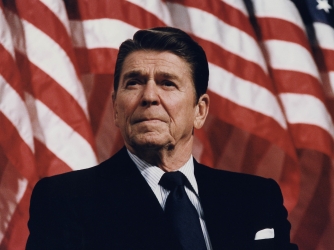
Reagan
-
Posts
14,650 -
Joined
-
Last visited
-
Days Won
6

Reagan replied to thetragichippy's topic in Political Forum
Reagan replied to AggiesAreWe's topic in High School Football
Reagan replied to AggiesAreWe's topic in High School Football
Reagan replied to AggiesAreWe's topic in High School Football
Reagan replied to thetragichippy's topic in Political Forum
Reagan replied to monknuk68's topic in High School Football
Reagan replied to expirate20's topic in High School Football
Reagan replied to expirate20's topic in High School Football
Reagan replied to expirate20's topic in High School Football